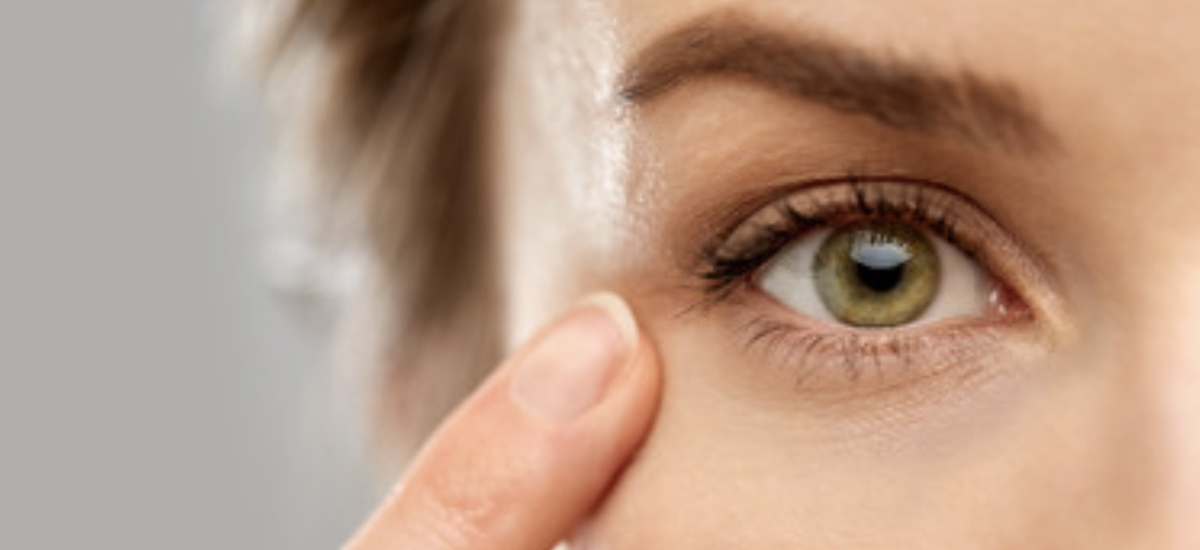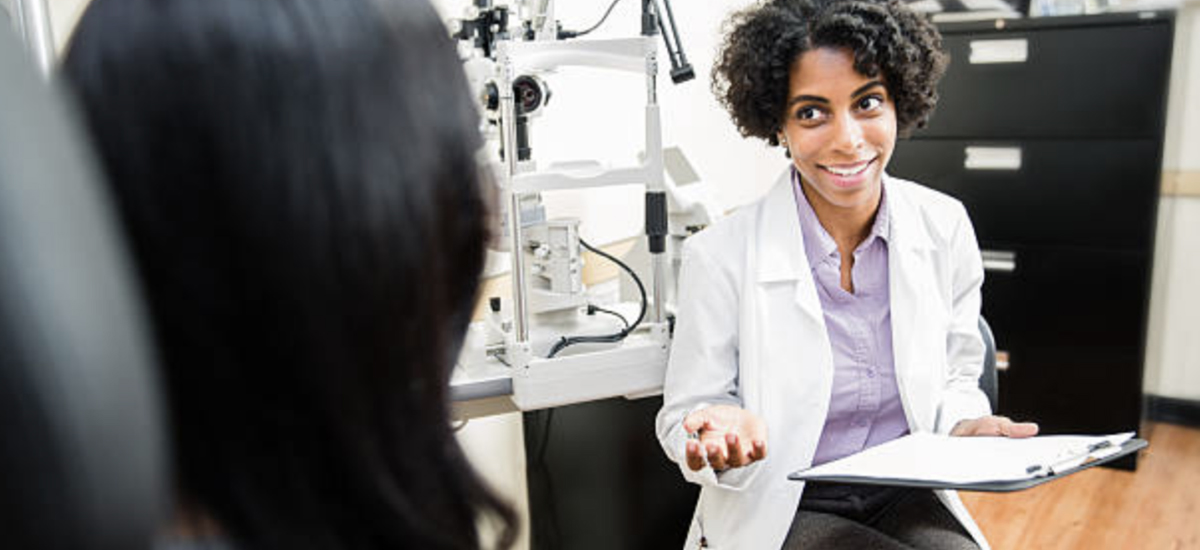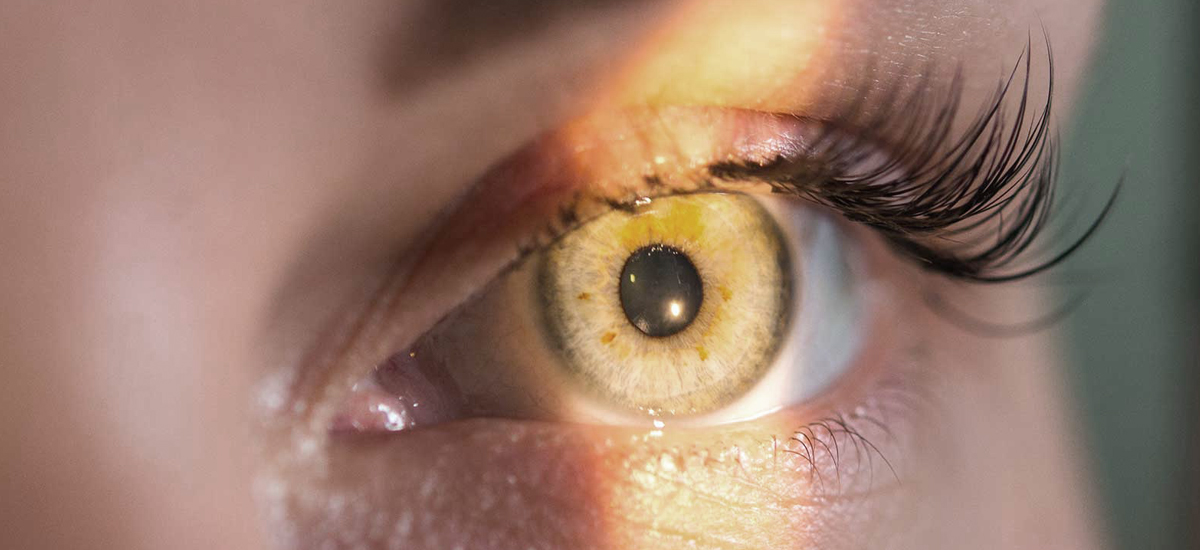What Are the Different Types of Eye Exams?

You use your eyes daily, from getting ready in the morning to watching the road signs while driving. Since we use our eyes in so many ways, it’s important to practice good eye care habits and stay up to date with eye doctor visits.
At For Eyes, we make it a priority to give you the best eye health and vision recommendations after your eye exam. What are the different types of eye exams available to you? Let’s discuss.
The Different Types of Eye Exams
If you’re looking for a clinical examination of the eye, our team has you covered. We offer many types of eye care services and different types of eye exams to evaluate your vision, including:
#1: A Comprehensive Eye Exam
This type of eye exam is the most common. Our optometrists recommend them once per year for adults and children, as it gives them a chance to inspect your eye anatomy and eye health thoroughly before making a diagnosis. It may include tests such as a slit lamp exam and a dilated pupillary exam.
#2: A Routine Eye Exam
For those who need a basic eye exam to check on specific vision concerns, you’ll have what we call a “routine eye exam.” What is the difference between a comprehensive eye exam vs. a routine eye exam? A routine eye exam is often less than an hour long and involves just the vision, pupil, eye movement, and eye pressure tests to assess your eye health and look for refractive errors.
#3: A Contact Lens Exam
A contact lens exam is required to determine your depth perception, visual acuity, and general eye health before contacts can be prescribed. Typically, the appointment includes corneal topography and a tear film evaluation, in addition to the other tests needed for a comprehensive eye exam. The eye specialist will also show you how to insert and remove your contacts.
The Best Tips for an Accurate Eye Exam
Our Independent Doctors of Optometry have extensive experience in eye exams. However, it always helps to prepare yourself for the appointment.
To get ready for the different types of eye exams you may undergo, we recommend:
- Answering the eye doctor’s questions to the best of your ability.
- Carrying your existing medications.
- Compiling a list of any vision loss symptoms.
- Having your current contacts or glasses on hand.
- Knowing your family’s medical history.
By following these tips for an accurate eye exam, the results will be more reliable. After all, the more information the eye doctor has, the better.
Summary: Eye Appointments
There are three different types of eye exams, including a comprehensive eye exam, a routine eye exam, and a contact lens exam. Depending on when your last appointment was and the kind of vision correction you need, the optometrist may use a different exam.
Comprehensive eye exams are all-inclusive, giving the eye doctor the best look at your inner eye workings. In routine eye exams, however, optometrists use fewer eye tests and focus on checking on your vision and how your prescription may have changed since your last visit.
Contact lens exams are an addition to comprehensive eye exams. If you desire contacts, the eye doctor will opt for this type of exam to make sure your eyes are compatible.
Whichever type of eye exam you have, stay prepared by writing down your symptoms, bringing your existing eyewear, and educating yourself on your family’s medical history. This will save you time in the long run, contributing to more dependable results in your eye exam all around.
Book your eye exam at For Eyes
Have you had your annual comprehensive eye exam? Schedule an appointment with an Independent Doctor of Optometry at your local For Eyes.











